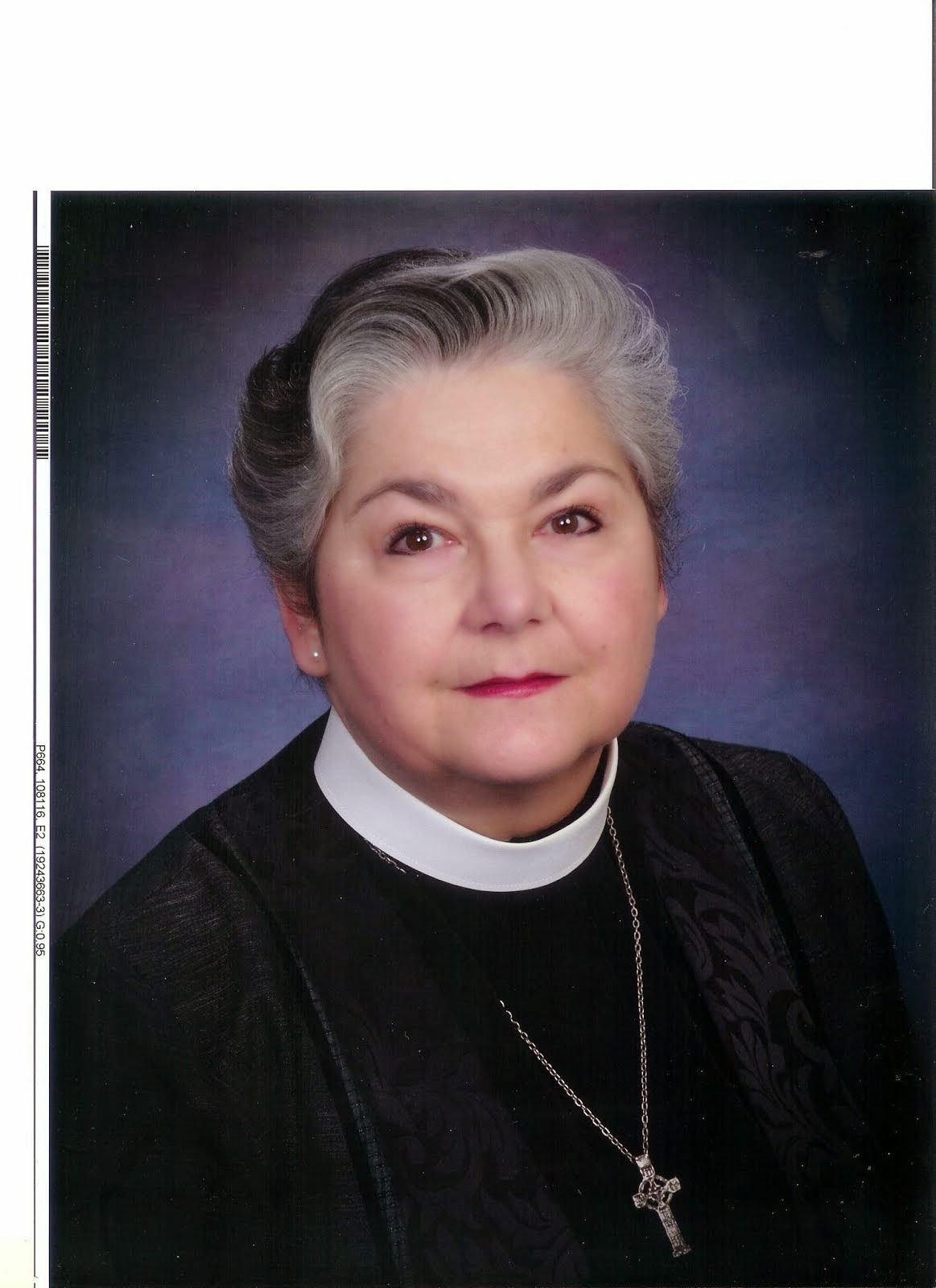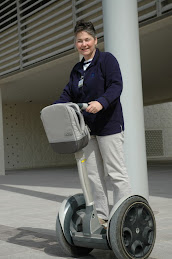In the Russian Orthodox tradition, there is a term applied to some of the saints, one that causes us to shake our heads.
“Fool for Christ.”
The sort of person who does things that sometimes seem a little crazy or risky, or unusual, for the love of God, to carry out Christ’s gospel.
Fool for Christ. Just the word “foolish” makes us uncomfortable. No one wants to be seen as a fool. Think of all the references to fools in popular culture: songs like “what a fool believes, the wise man never follows.” “What kind of fool am I that never fell in love?” “Everybody plays the fool.” And then there’s that dangerous mineral that led so many miners astray, Fool’s Gold. People who were brought to court to keep kings and queens amused with silliness and jokes were called “Fool.” Their words were never taken seriously. Phrase like “a fool and his money are soon parted,’ and the famous line from Mark Twain: “It is better to keep your mouth closed and have people think you are foolish than to open it and remove all doubt.”
Why, then, would anyone want to be called a fool for Christ?
Saint Basil was one of the most famous of these holy fools. He came from very lowly family, and was an apprentice shoemaker for a while. But then he decided to do more for those whom Jesus loved. He began to shoplift, giving what he stole to the poor as a way of shaming the rich. He gave away what little clothing he had, walking around naked, bound in chains. He was always rebuking Ivan the Terrible, the Czar at the time. That’s a pretty high-risk thing to do, since Ivan was, in fact, pretty terrible. The Czar was not living the Christian life, and he was killing peasants and doing other awful things. It is said that St. Basil gave the Czar some meat during Lent, telling him it did not matter whether or not he refrained from eating meat, which is what the church said one should do, because of the murders he had committed. I am quite sure those around him were horrified at what Basil said, thinking, “Is this guy crazy? Does he want to get himself killed?” I don’t know about the killing part, and I don’t know if he was clinically insane, but you could certainly describe his behavior as foolish. It was foolish in service of Christ. He was insisting that the Czar and everyone else listen to the message of the Gospel. Basil was truly a Fool for Christ.
But in his foolishness, he was simply following what we heard first from the prophet Micah this morning.
“What does the Lord require of you but to do justice, and to love kindness, and to walk humbly with your God?”
Micah laid it out so clearly and succinctly. Should be easy, right? Let’s expand on Micah’s phrase a little bit.
Do justice, at any cost to ourselves.
Love kindness, even when others aren’t kind to us.
Walk humbly with God, even when some people tell you you’re not doing it right, or others are pompously boasting of their relationship with God.
Sounds a little like crazy old Basil…
When we think about Micah’s words, we realize it’s not so easy. God expects us to work at it, even when it is uncomfortable and sometimes even painful, when it feels counterintuitive, when it’s risky and a bother. God expects that loving God means putting one’s own needs in the back seat.
Jesus’ message in the Sermon on the Mount, those beautiful words of our Gospel today, reiterates what Micah was talking about. Jesus goes deeper than Micah did.
Let me read you a paraphrase of the Sermon on the Mount in everyday language:
Who are blessed by God?
The people who don’t focus on the stuff they have, but the good qualities they wish they had…they keep striving to be more like Jesus, and they’ll get into heaven.
The people who are suffering and grieving here today - because they love deeply and care so much, they’ll have such happiness and comfort from God!
The people who are the ones without power, who don’t really strive for power or fame - they’ll get the whole of the earth.
The people who look around and see how things are unjust, how some people are treated badly, how some people are squashed under the thumbs of the powerful and the rich like bugs, the people who see that and recognize how it is wrong – they will see a time when justice will happen.
The people who are always trying to say nice things about others, not being mean or jealous or sharp-tongued or any bad thing, trying to do the right thing - they will get to see God, just as they already see a little of him in everyone they meet.
The people who try and make this a peaceful world – God will call them God’s children.
The people who suffer because they speak out or act against those who would do what is wrong – they get heaven, too.
Sounds a little bit like crazy Basil…that Fool for Christ.
Jesus asks us to do the same thing that Micah asks us to do.
Do the right thing.
Do the right thing in terms of your relationship with God. Recognize that everything you have comes from God. Everything. Thank God. Praise God. Worship God. And share it with others.
Do the right thing in terms of your neighbor. Your neighbor is as much a child of God as you are. His skin may be a different color. She may have an accent. He may be in a relationship that you find uncomfortable. She may have bumper stickers on her car that you don’t agree with. Love him or her anyway. Help out if that neighbor needs a hand. If someone else says something unkind about that neighbor, stick up for him. If there is a movement in the community to get rid of the neighbor for no good reason, fight it.
Do the right thing in terms of your relationships in the larger community and in the world. Work for peace, don’t simply say that we should force others to think and believe as we do. Work for justice, just as the founders of our nation worked for justice as they understood it.
Do justice. Love kindness. Walk humbly with God. Be blessed by being a peacemaker, by grieving that which should be mourned, by fighting for what’s just, by forgiving and showing mercy, by being truly humble, not just playing at it, by recognizing that we always could do better and striving toward that.
So what do we get if we do these things? God’s blessing, of course. Heaven and earth on a silver platter.
But the fine print at the end of the Sermon on the Mount agreement says it all: people are going to revile you and persecute you and ways bad things about you, because you follow Christ. Not because you are a Christian per se, but because you do these things that Jesus tells you that you should do, and society doesn’t always appreciate these things.
What does society say? Everything you get, you get because you work hard or are lucky. No mention of God in that, is there?
What does society say? My way or the highway. Our way is the right way, and if you don’t follow it, then you should leave or shut up or we’ll make you leave. Not much kindness and humility in that…
What does society say? You are only of value because of your money or your power or your fame, or any combination thereof. Ummm, what about the innate value of each and every one of us as a child of God? What about the value of the quiet things you do to help others, or to improve your neighborhood, or the world? What about the value of your prayers? Not much power going on there, except a recognition of God’s power.
What does society say? God is for Sunday morning, and Sunday morning only. You don’t have to do any of that religious stuff the other six days of the week. As if our need for God, and God’s desire for our love, is so very small.
But our God is so great, so large, so all-encompassing. His love is beyond our comprehension. With a love so great, why would we not do whatever God tells us to win that divine blessing? Why would we not say that society has it all wrong, that we will turn away from those small, selfish ways that society prizes but that wither away more quickly than a daylily? For those who value what the world values think what Jesus says is ridiculous, and those of us who follow Jesus are fools.
St. Paul tells the Corinthians:
“Consider your own call, brothers and sisters: not many of you were wise by human standards, not many were powerful, not many were of noble birth. But God chose what is foolish in the world to shame the wise; God chose what is weak in the world to shame the strong; God chose what is low and despised in the world, things that are not, to reduce to nothing things that are, so that no one might boast in the presence of God. He is the source of your life in Christ Jesus, who became for us wisdom from God, and righteousness and sanctification and redemption, in order that, as it is written, "Let the one who boasts, boast in the Lord."
Bail, Fool for Christ, boasted of nothing but God. Everyone around him thought he was foolish, crazy, even, but he knew what was important. Not the himself, not the world, but God.
We who do our best to live the Christian life are fools, in the eyes of some. And if we do it deeply and well, they are right. We are fools for Christ, and others will not understand. But the reward for this foolishness, this way that the world does not grasp, is God’s blessing. It is worth it, isn’t it?
Amen.
Pictured is an icon of St. Basil, Fool for Christ, from St. Basil's Cathedral in Moscow.







